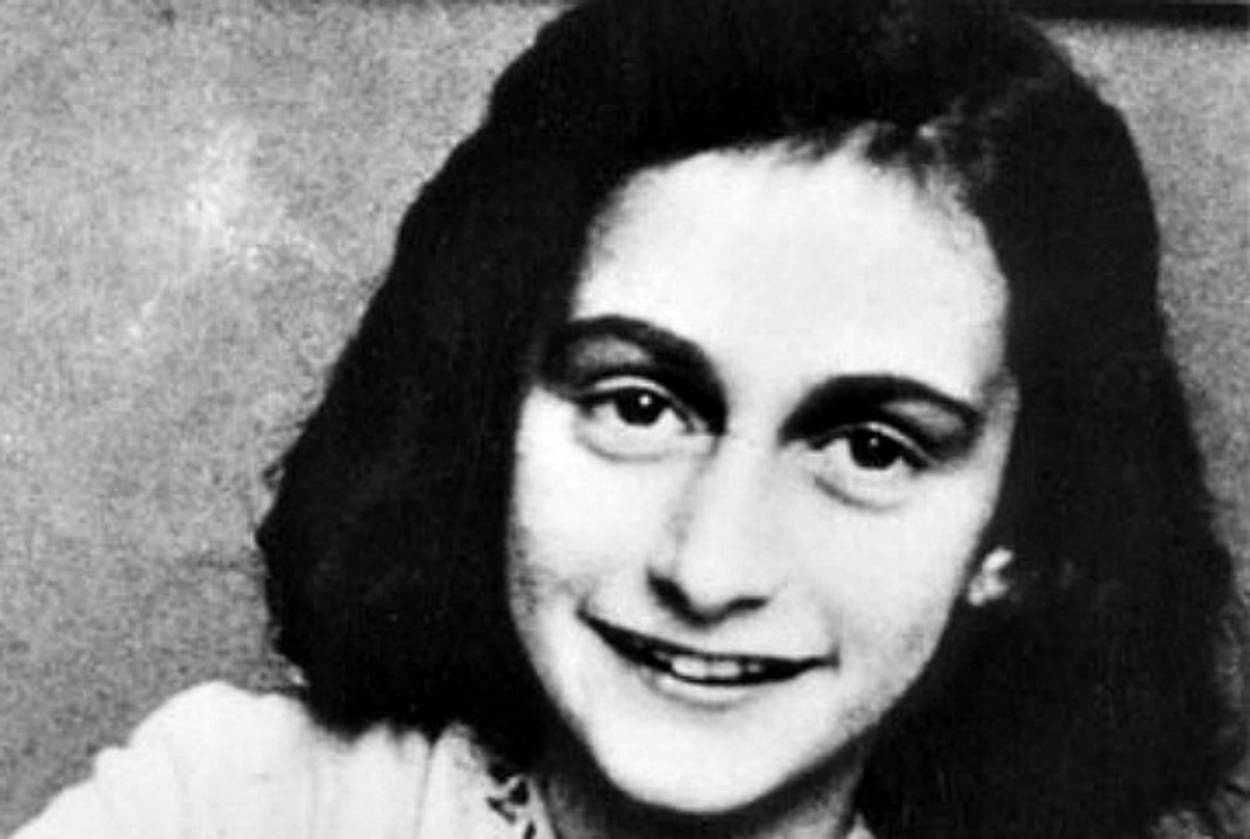Someone Made an Anne Frank Video Game
Munich designer says game is an educational tool about Frank’s life in hiding




A Munich game designer has created an interactive video game that reenacts a day of hiding in the life of Anne Frank, with the hopes of memorializing the Holocaust for the millennial generation, JTA reports. Though the game is not yet available in stores, 25-year-old designer Kira Resari told a German media outlet that “younger generations need access to history on their own wavelength.”
A representative for the Anne Frank Center in Berlin told JTA that the center is looking into the game, but noted that it is not dissimilar to a virtual tour of the Frank’s home available at the Anne Frank House in Amsterdam.
Still, as Alex Aciman noted last month while describing a Holocaust-themed video game about a young Jewish boy running from Nazis in the forest, video games might not be the best educational tools when it comes to such serious subject matter. “In fact,” Aciman wrote of the developer, who was seeking funding for the game after Nintendo rejected it, “if his intention is to target an audience that even in 2013 has still managed to avoid taking the Holocaust seriously enough to learn about it in earnest, the best way to spur this crowd into action probably isn’t to trivialize the subject matter by turning it a video game one can play on one’s smartphone on the way to work or in the bathroom.
Ironically, the idea of engaging technology-centric young people seemed to also be the spirit behind the since-deleted @HipstrAnneFrank Twitter handle, which drew the ire of writers at the Forward, Time, and the Atlantic.
Sure, Hipster Anne Frank was intended as humor, which can seem callous (especially if not artfully executed), while the video game is supposedly intended as a serious exploration of Anne Frank’s life, but ultimately, the two mediums serve the same function: to find new ways to engage an increasingly digital generation in preserving the memory of the Holocaust and its victims.
How successful these efforts prove to be remains to be seen.
Related: Real Speech in Virtual Worlds
Previous: The Problem With That Holocaust Video Game
Rachel Silberstein is a writer living in New York.